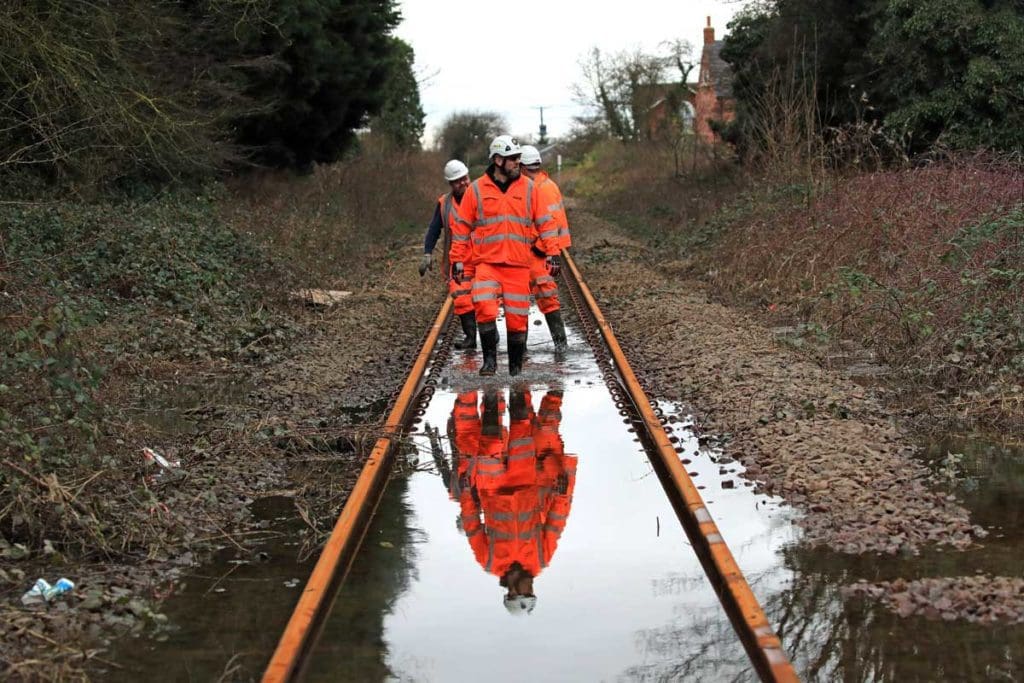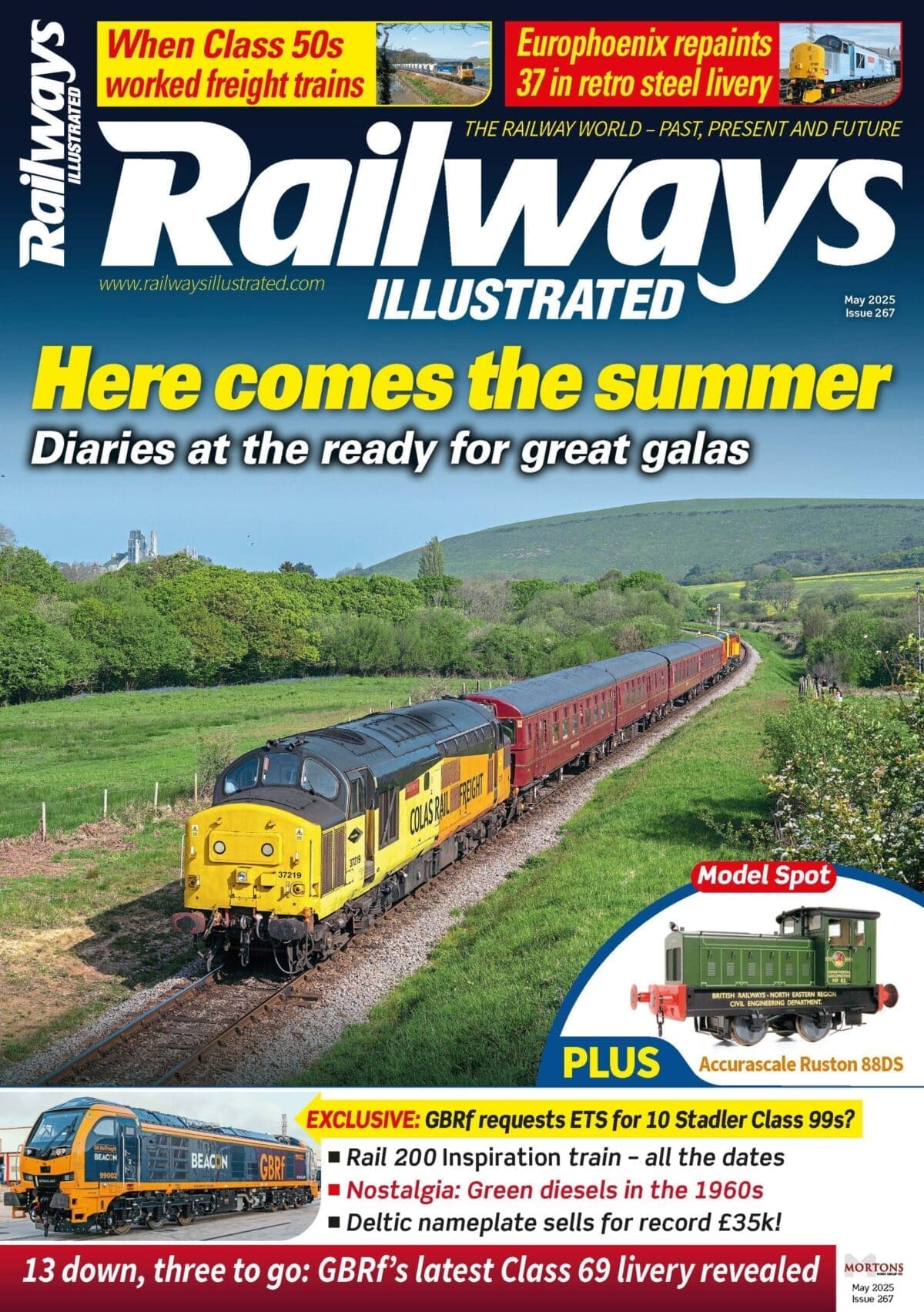
Rail workers voting on strikes over pay were angered after a communications boss suggested they “should have probably worked harder at school”.
Network Rail’s Nicky Hughes, head of communications for Network Rail’s Wales and western region, sparked a furious response after she made the comment while defending the high pay of senior leaders.
In a message on the state-owned rail infrastructure company’s internal social media platform, Ms Hughes wrote that all businesses “compete for managers” and “pay accordingly”.
Enjoy more Railways Illustrated Magazine reading every month.
Click here to subscribe & save.
She added: “It’s a lesson to those of us who should have probably worked harder at school.”
Ms Hughes later issued an apology, saying she was “so sorry” her comment had “caused such offence”, adding: “I absolutely was referring to myself”.
Transport Salaried Staffs’ Association general secretary Manuel Cortes claimed the “foolish post” shows “how desperately out of touch the company’s fat cats really are”.
He went on: “It’s insulting to suggest that workers should’ve worked harder in school, rather than acknowledging the very real cost-of-living problems people suffer when their pay fails to keep up with inflation.”
Rail, Maritime and Transport (RMT) union general secretary Mick Lynch described Ms Hughes’ post as “a desperate and futile attempt by Network Rail to dissuade our railway members from voting in this upcoming strike ballot”.
A Network Rail spokesman said her comments were “misconstrued” and she was “referring to her own experiences”.
More than 40,000 RMT members across Network Rail and train operators are being asked to vote on whether to strike in disputes over jobs and pay.
A yes vote could lead to the biggest rail strike in modern history, according to the union.
The RMT said Network Rail is planning to cut at least 2,500 safety-critical maintenance jobs as part of a £2 billion reduction in spending, while workers at train operators have been subject to pay freezes and changes to their terms and conditions.
The ballot closes on May 24, so strike action could begin in June.
Network Rail chief executive Andrew Haines – who earns an annual package worth up to £590,000 – wrote to staff explaining that his salary is “considerably less” than his predecessor, Mark Carne, and “the number of very high earners has been reducing every year for the last few years”.
He added: “Industrial action makes the future more unstable. It doesn’t protect jobs, it undermines them. That’s why I would encourage you not to vote for it.”
Tim Shoveller, the organisation’s regional director, said: “Our railway has been hit hard by the Covid-19 pandemic and even as passenger numbers start to recover, we know travel habits and passenger demand have changed and the industry has to change too.
“We cannot keep relying on government handouts, and so we must work together with train operators and our trade unions to save millions of pounds and deliver a more efficient railway.”





